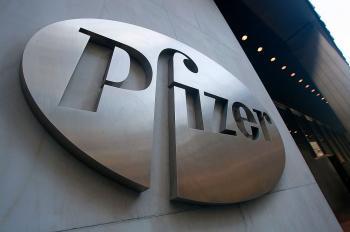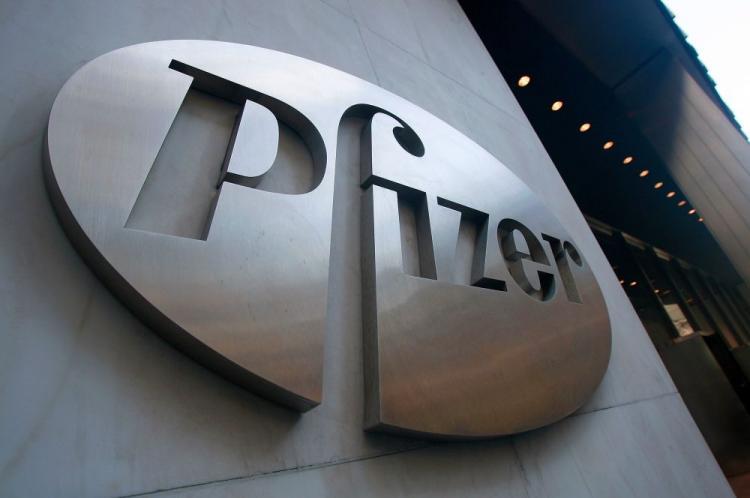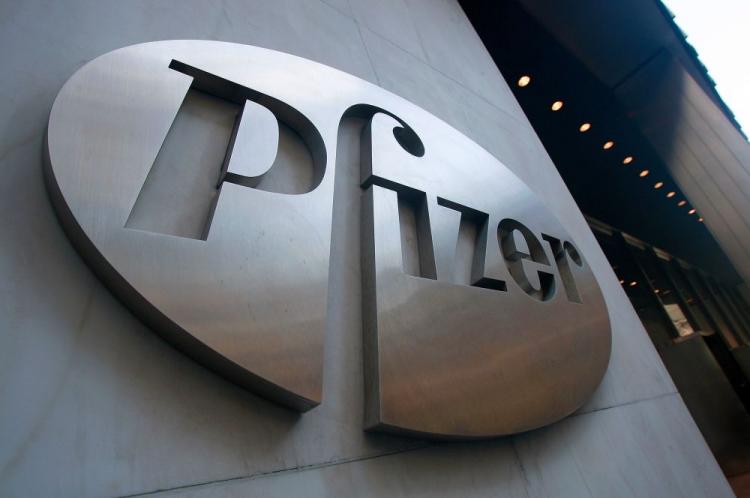Consolidation Heats Up Health Care Industry
Merger and acquisitions (M&A) activity in the health care industry is brewing.

CRAFTY COPY: Pharmaceutical and other companies have recently been caught with deceptive marketing practices. Pfizer recently received a large fine from the U.S. Justice Department for deceptive marketing practices. Mario Tama/Getty Images
|Updated:





